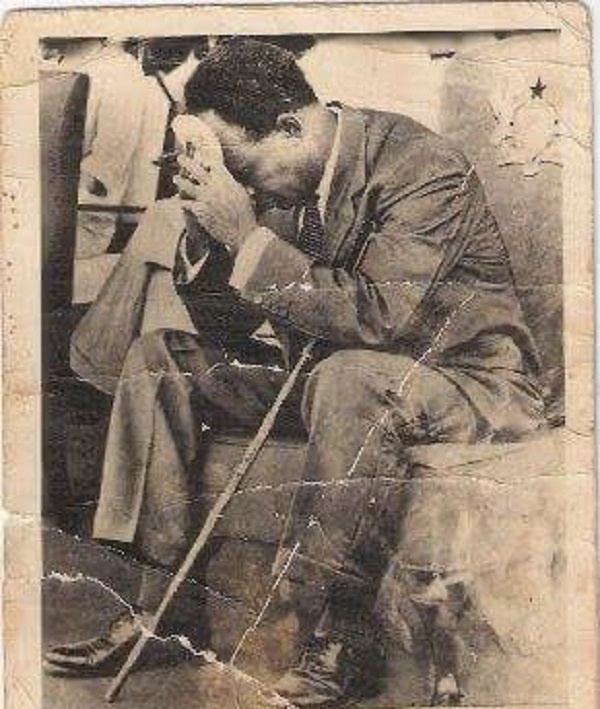Nkrumah was deposed by a joint military and police operation led by National Liberation Council and alleged to also be under the supervision of Central Intelligence Agency (CIA).
Prior to his overthrow, Dr Nkrumah had left Ghana two days earlier for Vietnam-Hanoi in what would be a mission of no return. He went away on a peace mission with the premise of initiating Ghana’s fellow Commonwealth nations to ending the Vietnam war.
While he was away, the Americans seemed convinced that the downfall of Ghana’s outspoken and authoritarian leader was imminent. Nkrumah had suffered some fallback within his own military and police over some decisions he took against senior officers.
The coup which was code-named; "Operation Cold Chop" lasted 24 hours and saw the statue of the president smashed to pieces right outside Ghana’s Parliament House. The piece was defaced and battered to the ground while people went out to jubilate.
In what would be a major setback, not only for Ghana but for Africans as a whole many throughout the country staged massive demonstrations to mark the new regime after the overthrow of Kwame Nkrumah.
A video in GhanaWeb’s possession showed the events that marked what would be a dark but jubilant day for some Ghanaians.
In the early hours of the morning following Dr Nkrumah’s overthrow while he was away in Vietnam-Hanoi, citizen, workers children and students and thronged the streets of Accra in a big procession from the Hall of Trade Unions through the capital's principal streets dancing, singing and jubilating over Nkrumah’s overthrow.
As the demonstrations erupted men, women and children are seen with placards on the streets with inscriptions such as “No more hero worship. Ghanaians are now free”, “Nkrumah is a wicked man”, “No more Nkrumaism” among others.
An eye-catching moment in the video is one with a bizarre drawing of President Kwame Nkrumah with the inscription on it “Sasabonsam”, a popular term now described as the "Devil".

Earlier, before Nkrumah’s overthrow, he had received a rousing hero’s welcome by the Ghanaian people after he was released from prison on February 12, 1951, following a win for his party, the Convention People's Party (CPP) in the general elections.
This came after his arrest in 1950 where he was accused of leading a ‘disturbing positive action’ campaign against the British colonial rule in the then Gold Coast.
Watch how Ghanaians jubilated over Nkrumah's overthrow below:

